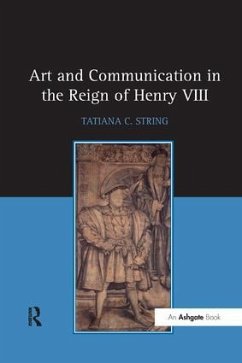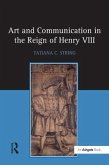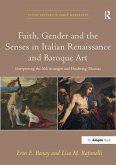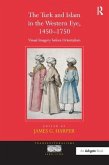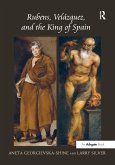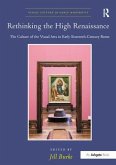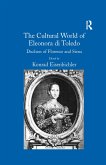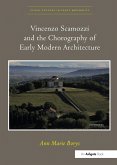Exploring the intersection between art and political ideology, this innovative study of art in Henrician England sheds new light on the ways in which Henry VIII and his advisers exploited visual images in order to communicate ideas to his subjects. The works analyzed include water triumphs, coronation pageants and funeral processions, printed title pages of vernacular Bibles, coins, portrait miniatures, and murals, as well as panel paintings. With her analysis of these categories of objects, and using communication theory as a starting point, String presents a new model of communication based on the concepts of magnificence, topicality, persuasiveness, and propaganda. Through this model she shows how medium, location, display, and viewership were all considered in the transmission of royal messages. Using the art of Henry VIII's reign as a case study, String enriches our understanding of the fundamental contribution of imagery to communication, and also provides a model for the study of the dissemination of ideas and the patron-artist relationship in other royal courts and historical periods.
Bitte wählen Sie Ihr Anliegen aus.
Rechnungen
Retourenschein anfordern
Bestellstatus
Storno

